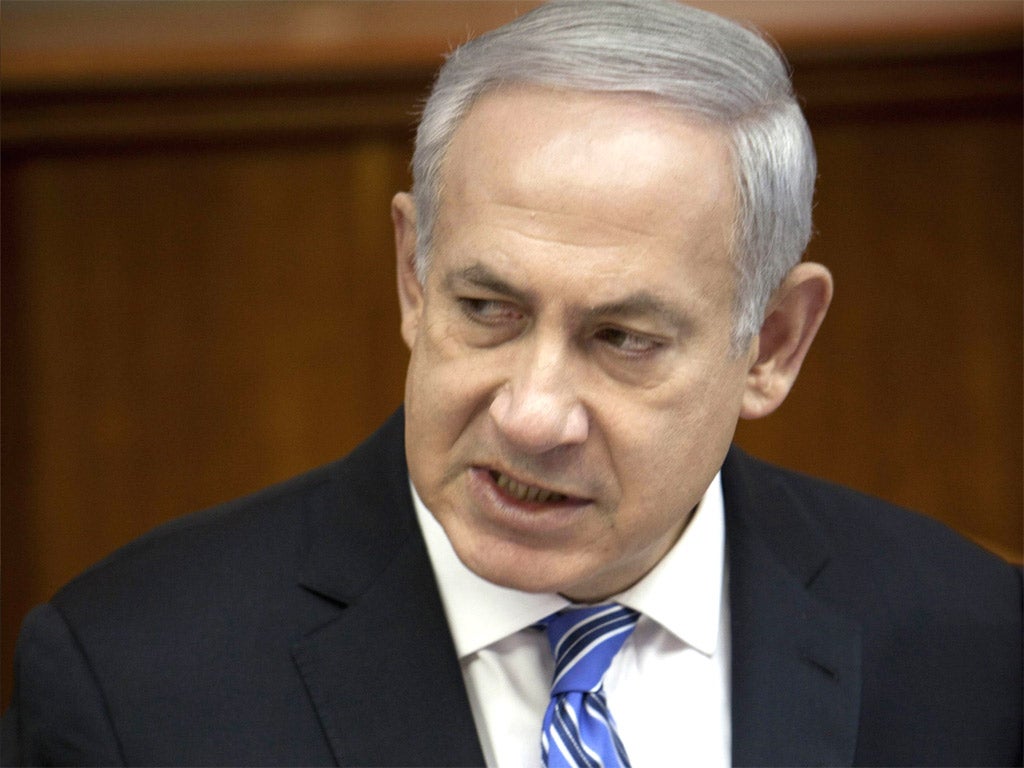Israel's stance over Iran's nuclear programme is becoming difficult to sustain
The Jewish state’s nuclear deterrent is something it wants everyone to know about, but won’t acknowledge

Back in January, days before Israel’s general election, politicians from four of the country’s largest parties took part in a debate in which they argued about the economy, a peace deal (or otherwise) with the Palestinians and the consequences of the Arab uprising. There were as many firmly expressed views as there were issues discussed.
Later the four took questions from the audience, and despite the earlier disagreements, there was one topic on which you couldn’t get a cigarette paper between them: Israel’s nuclear weapons.
The Jewish state’s nuclear deterrent is something it wants everyone to know about, but won’t acknowledge. Journalists’ questions are met with a knowing smile and a shake of the head – “we won’t comment on that, old boy, and you know it”. Formally, the position is one of “nuclear opacity”.
But the stance is rapidly becoming difficult to sustain. Benjamin Netanyahu addressed the UN’s General Assembly 12 months ago waving around a picture of a cartoon bomb, warning that Iran was close to developing nuclear weapons of its own. He emerged as the winner of the January election, telling a rally in Tel Aviv on election night that the focus of his premiership was on preventing Tehran from developing a nuclear bomb.
This is a worthy stance, but Israel is left looking like it wants to have its cake and eat it. Each time one meets an Israeli official, or one of the many groups that support Israel’s agenda, the same arguments are wheeled out. President Hassan Rouhani is a wolf in sheep’s clothing, and the leadership in Tehran cannot be trusted; Iran is doing everything short of producing a bomb so that it can make a dash to the finish line before the UN’s nuclear inspectors have time to stop it; and the world ought to act before it’s too late.
But now Israel has lost the initiative. Iran got what it wanted from the UN General Assembly last week and after the debacle that was the US’s position on attacking Syria for its alleged use of chemical weapons, Washington is unlikely to want to get itself into another diplomatic black hole over Iran.
What better way for Israel to wrestle back that initiative than to admit what everyone already knows – that it has its own nuclear weapons stockpile? Maybe then the rest of the world will take more seriously its very real concerns over Iran.
Join our commenting forum
Join thought-provoking conversations, follow other Independent readers and see their replies
Comments
Bookmark popover
Removed from bookmarks